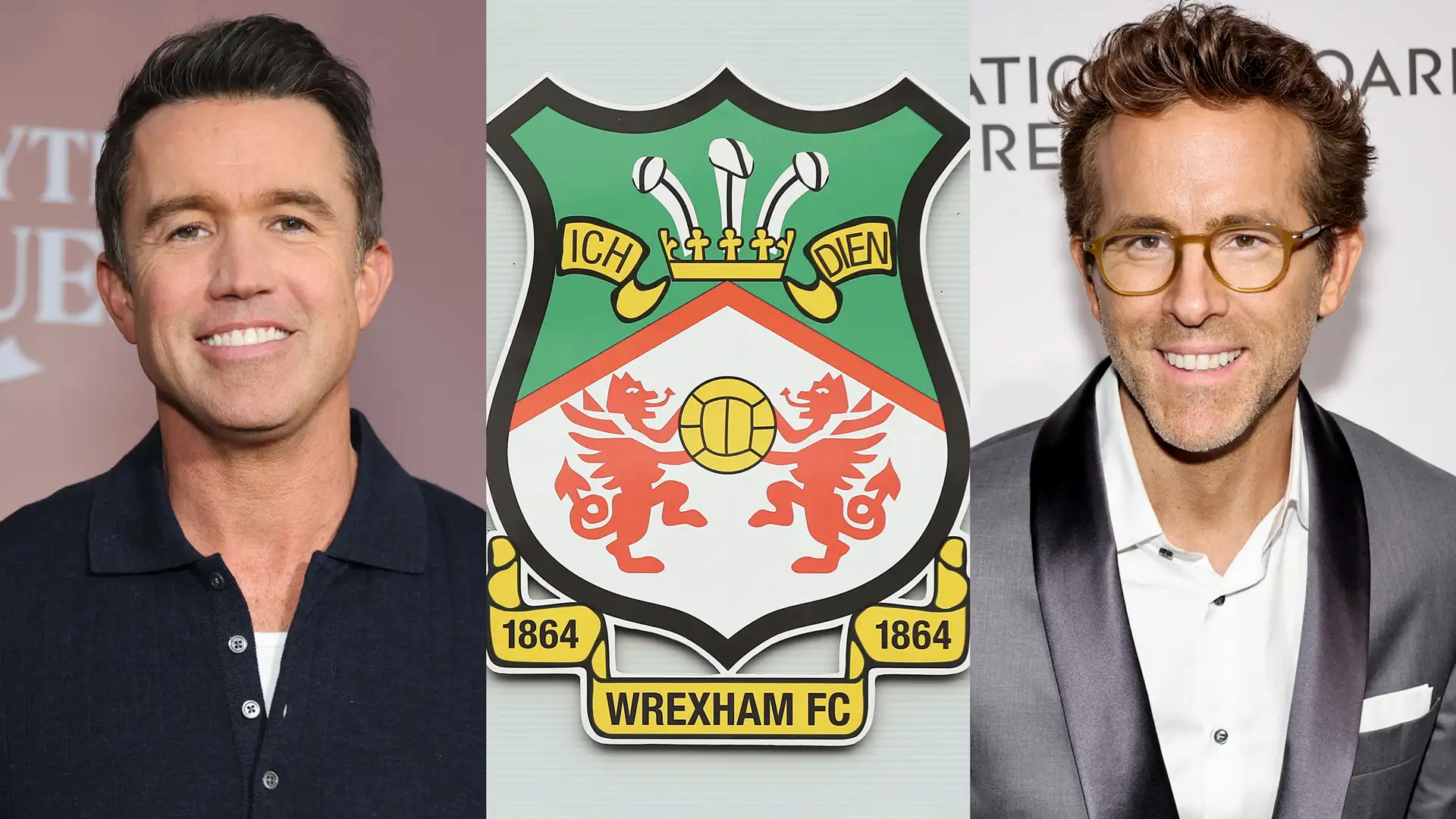
‘I Never, Ever Could Have Asked for That Amount of Money!’
Ex-Liverpool Boss Jurgen Klopp Addresses Reds’ Mindboggling £450m Summer Spending Spree After Previous Man City Complaints
For nearly a decade, Jurgen Klopp was the heartbeat of Liverpool Football Club—a charismatic motivator, a builder of teams, and a master of squeezing every drop of quality from his players. He was never the man to chase extravagance, never the one to flash the chequebook when problems arose. Yet in 2025, just months after his departure, the club he helped rebuild has done exactly that.
Liverpool’s remarkable £450 million spending spree during the summer window has sent shockwaves through English football, not just for its scale but for what it represents. Once the model of smart, sustainable recruitment, the Reds have now stepped boldly into the world of megadeals and marquee signings. And Klopp—ever the pragmatist—has had his say.
Speaking on The Diary of a CEO podcast, the former Liverpool manager admitted even he was taken aback by the club’s financial firepower. “I had no clue that this is possible,” Klopp confessed. “Nobody ever told me that it’s possible that we can spend like that. My last year at Liverpool, we obviously had the adidas deal, the new stadium, all these kind of things—they earn more money. But never, ever I could have asked for that amount of money.”
It was classic Klopp: direct, a touch self-deprecating, but still filled with admiration for the institution he helped shape. His words carried no bitterness, only a mix of surprise and pride at how far the club had come since his days of building on tighter margins.
Klopp’s Era: Building Greatness on a Budget
Under Klopp, Liverpool became one of the most thrilling and successful teams in modern football. His side delivered a Premier League title, a Champions League crown, and multiple domestic cups—all while operating on a fraction of the budget of Manchester City, their great rivals.
What made his reign even more remarkable was how often his teams overachieved. Klopp turned undervalued talents into world-beaters: Mohamed Salah was a £36m signing who became a global superstar, Sadio Mané a £30m gamble that paid off, and Andy Robertson arrived from relegated Hull City for the price of a squad player. Even Virgil van Dijk, at the time the world’s most expensive defender, became a symbol of calculated, intelligent investment—one transformative signing rather than scattergun spending.
Now, things are different. Liverpool’s hierarchy, flush with revenue from commercial deals and a fully redeveloped Anfield, went all-in this summer. Florian Wirtz, Alexander Isak, Jeremie Frimpong, Milos Kerkez, Hugo Ekitike, Giovanni Leoni, and Giorgi Mamardashvili arrived in one of the most expensive windows in football history.
The total outlay? £450 million.
For a club once lauded for its “Moneyball” approach, the shift is seismic.
What Klopp Once Said About Manchester City Spending
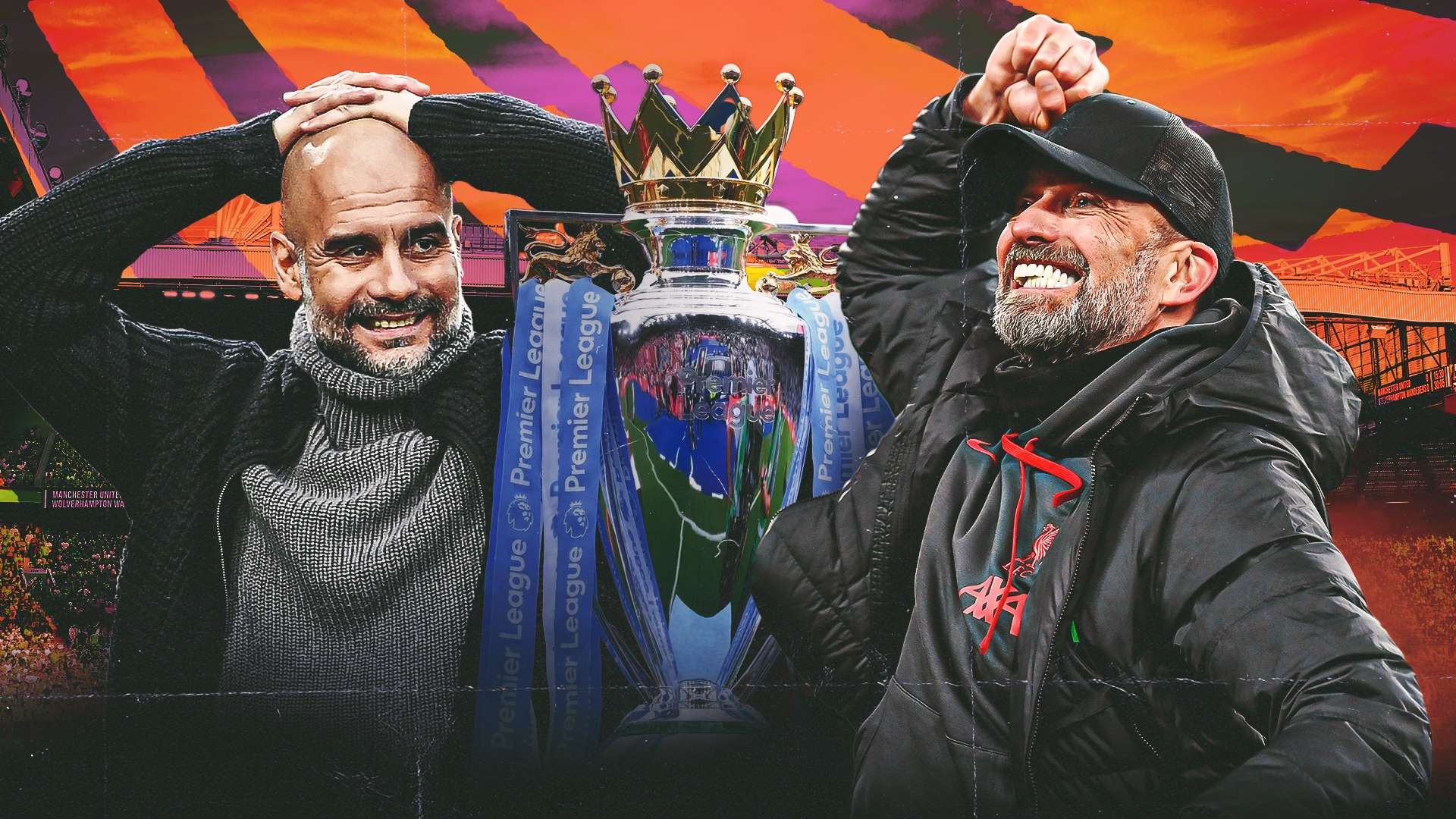
Jurgen Klopp Pep Guardiola 2023-24 GFX
Klopp’s reflections are even more intriguing given his past remarks about Manchester City’s financial dominance. Back in 2022, at the height of City’s treble-winning campaign, Klopp famously vented his frustration when asked if Liverpool could compete with Pep Guardiola’s expensively assembled side.
“Oh, you won’t like the answer,” he said then. “Nobody can compete with City in that. You have the best team in the world, and you put in the best striker on the market [Erling Haaland]. No matter what it costs, you just do it.”
It was a moment that summed up both Klopp’s honesty and his realism. He understood the landscape—he wasn’t naïve about the financial imbalance—but he also made peace with it. “We cannot act like them. It is not possible. It’s clear,” he added. “There are three clubs in world football who can do what they want financially. It’s legal, and that’s fine, but we have to be different.”
That “different” philosophy became Liverpool’s badge of honour. The Reds outworked, out-thought, and often outplayed richer clubs. It was Klopp’s way—and it worked.
A New Liverpool: The Era of the Big Spenders
Fast forward to 2025, and Liverpool are no longer on the outside looking in. Their lavish recruitment drive this past summer has seen them join the elite-spending bracket once reserved for Manchester City, Paris Saint-Germain, and Real Madrid.
But Klopp insists he harbours no resentment about the timing. “In that time, it was not there—no problem at all,” he said on the podcast. “I love the fact that we were as successful as we were and built new stands and a new training ground. People now talk about transfer windows and how much was spent, but back then we were building foundations. That will stay forever.”
He’s right. Under Klopp’s guidance, Liverpool became a modern powerhouse both on and off the pitch. The club’s training facility at Kirkby is state-of-the-art, and Anfield’s expansion into a near 61,000-seat cathedral of football is part of his legacy. “They are second to none,” Klopp said proudly. “They built a new stadium without leaving the old one. That’s a fantastic story. That will stay forever.”
Klopp on Wirtz, Isak, and Liverpool’s New Generation
Despite no longer being in charge, Klopp is still clearly watching Liverpool closely. And he’s full of admiration for the players signed under Arne Slot, his successor.
“Isak is an incredible striker,” Klopp said. “Florian Wirtz, you will eat your words if you use the wrong ones. He is an incredible talent. Ekitike is an incredible player. It’s a really, really, really good squad.”
Klopp’s words are more than just praise—they’re a tacit endorsement of Liverpool’s evolution. For years, he worked with limitations and made them strengths. Now, the club’s structure has matured enough to give a new manager the kind of financial backing he never had.
“If the young centre-half [Giovanni Leoni] doesn’t get injured, it’s a perfect squad,” Klopp continued. “Now he’s injured, that doesn’t help. But besides the centre-half position, it’s a perfect squad. Two super left-backs, a really super right-back. That’s how you set a team up.”
It’s clear that Klopp, ever the football romantic, remains emotionally tied to the club. He understands the challenges that come with managing stars and depth—something Slot is discovering. “Now you have to deal with the situation,” Klopp added. “They’ll all think they have to start the game, but that’s a normal job. In a week or two, someone will be injured, and you’ll be happy that the other can start. That’s the world of a football manager.”
Liverpool’s Current Wobble Under Slot
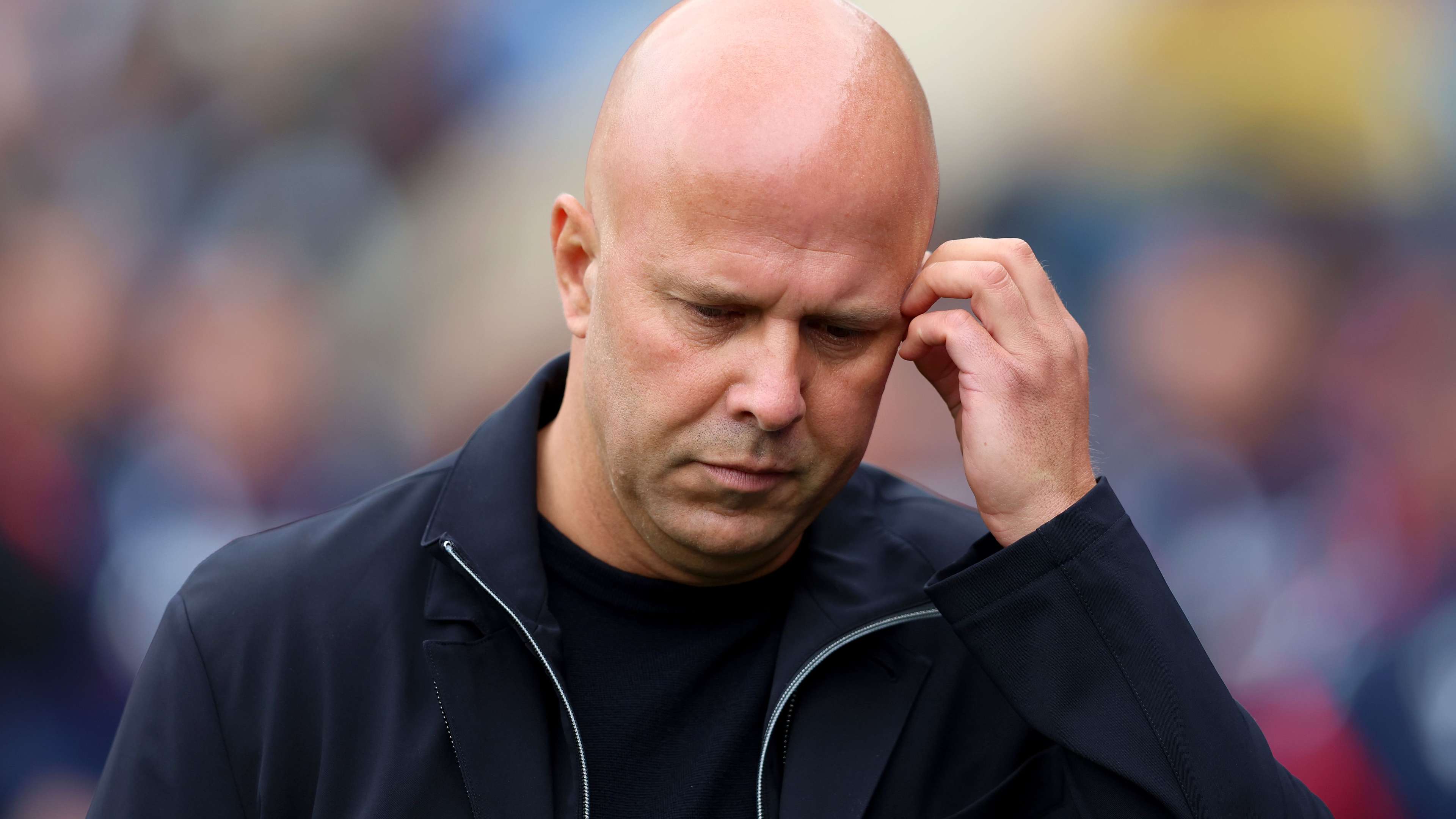
Arne Slot
For all the money spent, success has not come instantly. After a flying start to the 2025-26 season—seven straight wins across all competitions—Liverpool have hit a slump. Four successive defeats, including a painful loss to Manchester United, have raised eyebrows and questions about Slot’s ability to handle the pressure cooker of Anfield.
It’s a familiar story in football: big spending brings bigger expectations. The Dutchman now faces the unenviable task of finding balance in a squad overflowing with talent but still searching for rhythm. The next challenge comes in the Champions League against Eintracht Frankfurt, where the Reds need a result to calm the noise.
Klopp, for his part, has offered nothing but encouragement. “We don’t have to worry about Liverpool,” he insisted. “They will be fine.” Coming from the man who restored belief to the club after years of underachievement, those words carry weight.
Klopp’s Legacy in Context
Looking back, Klopp’s Liverpool story feels like something from another footballing era—a time when emotion, chemistry, and coaching ingenuity triumphed over transfer budgets. Yet his fingerprints are all over this new Liverpool too. The infrastructure, the winning culture, the modern identity—they all stem from the German’s blueprint.
He once said that he wanted to “turn doubters into believers.” He did more than that. He turned believers into dreamers, and dreamers into champions.
Now, as he watches from afar, Klopp sees a club unafraid to flex its financial muscles, ready to compete toe-to-toe with the very giants he once railed against. It’s an evolution he helped make possible.
And as he smiles that trademark grin, it’s hard not to imagine that, deep down, he’s quietly proud. After all, he built the foundation on which Liverpool’s £450 million summer spree now stands.

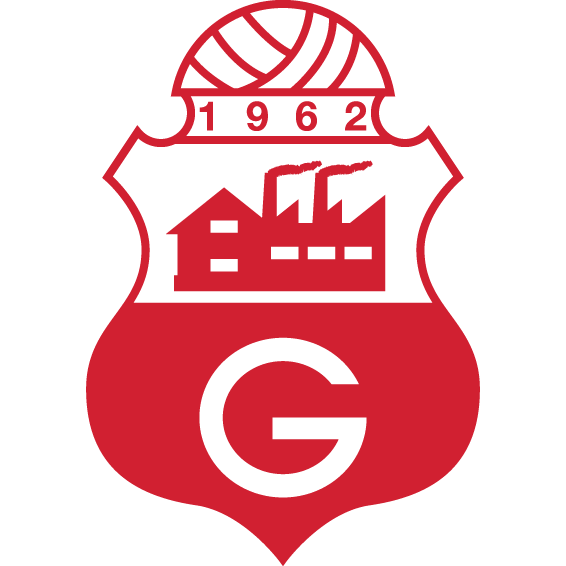





















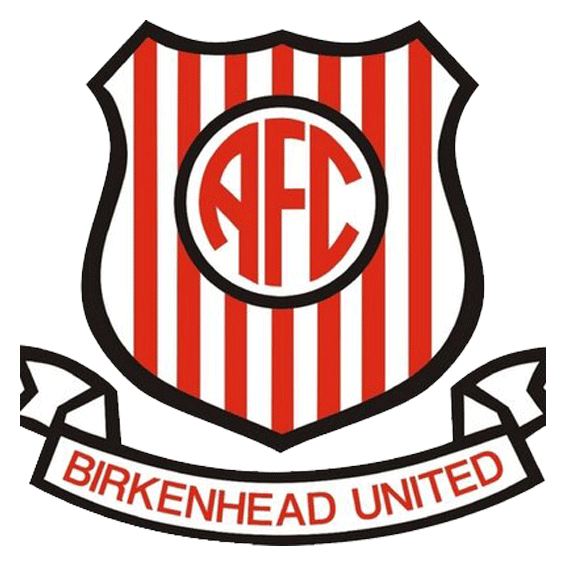


























There are no comments yet. Be the first to comment!